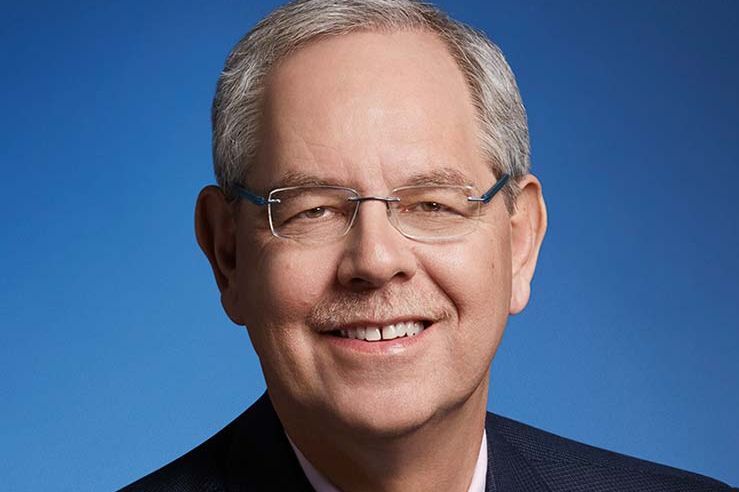
(Vienna, 28 November 2019) Since MedUni Vienna introduced the "Hans Popper Lecture" in 2011, it takes place every year to honour the memory and achievements of one of the main founders of modern hepatology. International liver expert Scott L. Friedman from the Icahn School of Medicine at Mount Sinai in Manhattan, New York City, will give a lecture entitled: " Transforming the Treatment Landscape for Hepatic Fibrosis and NASH – Principles and Progress“ on 2 December 2019 (14:00 hrs, Art Nouveau Lecture Theatre (Jugendstilhörsal), Rectorate Building of MedUni Vienna, Spitalgasse 23, 1090).
Hans Popper founded the Icahn School of Medicine at Mount Sinai in New York in 1963, as the crowning glory of his life's work. He was also its first dean and later its president. In the spirit of Hans Popper, Scott L. Friedman dedicates himself to the study of fibrosis and its causes. Friedman is regarded as the person who discovered hepatic stellate cells as a source of fibrosis. "He was the first to characterise these cells in terms of biochemistry and cell biology, a milestone in hepatology," says Michael Trauner, Head of MedUni Vienna's Division of Gastroenterology and Hepatology, Department of Medicine III, who is organising the Popper Lecture for the 9th time.
Fibrosis is the pathological proliferation of connective tissue in the liver. This causes healthy liver cells to be increasingly replaced by connective tissue. This process is irreversible and, hence, therapeutic interventions should be made at an early stage of the disease, if the threat of cirrhosis of the liver is to be averted.
Another of Scott L. Friedman's specialist areas is so-called Non-Alcoholic SteatoHepatitis (NASH), one of the commonest liver diseases in our society. Excess fat is deposited in the liver, where it can lead to inflammation (fibrosis), become chronic (cirrhosis) and, in the worst case, lead to cancer.
Both of these diseases are also a major focus of research at MedUni Vienna. As yet, there is no specific scientific collaboration with Friedman and the Icahn School of Medicine. "But we hope that, in future, we will be able to turn a formidable rival into a strong collaborative partner in the field of fibrosis of the liver, NASH and hepatocellular carcinoma," says Trauner.
Hans Popper Lecture 2019 on 2 December, MedUni Vienna Art Nouveau Lecture Theatre, 14:00 - 16:00 hrs: Scott L. Friedman: "Transforming the Treatment Landscape for Hepatic Fibrosis and NASH – Principles and Progress"
The Lecture will be accompanied by a "Basic Research Seminar" with Friedman, Trauner and staff from MedUni Vienna (2 December, 9:00 – 13:00 hrs; Vienna General Hospital Lecture Center, Level 7, Course Room 12) and a "Translational Research Seminar" (3 December, Vienna General Hospital Lecture Center, Level 7, Course Room 12; 9:00 – 14:00 hrs), in which the latest research results will be presented and discussed by staff from MedUni Vienna.
» For more information about the programme and to register
About Hans Popper
Hans Popper is regarded as the founder of modern molecular hepatology, with Viennese roots. After being expelled from Austria in 1938, Popper continued his career in the USA, where he made an unprecedented impact upon the field of hepatology. Many modern concepts and terms in hepatology can be traced back to Popper: e.g. chronic hepatitis, cholestasis and cirrhosis of the liver. With his visionary, investigative mind, Hans Popper combined basic research with a clinical perspective, at a time when biochemistry and molecular biology were still in their infancy. What is so fascinating about Hans Popper as a researcher is that, despite the relatively limited technical resources available to him at the time, he was able to anticipate the key developments of modern hepatology. Initiated by Michael Trauner, the annual Hans Popper Lecture has been held at MedUni Vienna since 2011, when the Hans Popper Laboratory for Molecular Hepatology was also established.